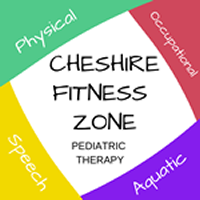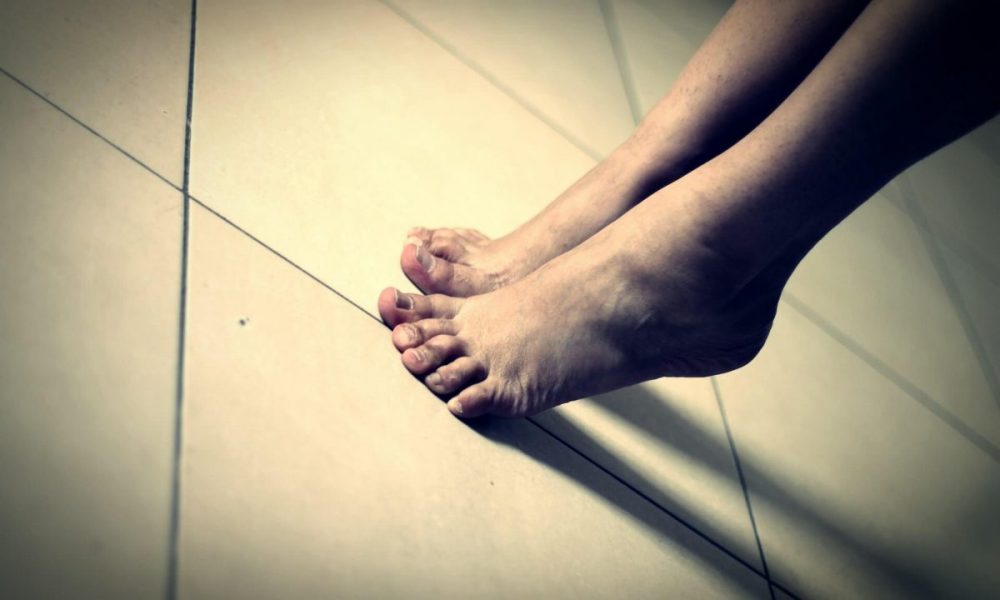It’s a bit of understatement to say that walking is an important milestone in the development of any child.
Walking represents one of the most important thresholds between infancy and toddlerhood, and remains a crucial motor function for the rest of most children’s lives. So it’s understandable that when a child’s walking develops a consistent idiosyncrasy like toe walking, some parents might be concerned.
Keep reading to learn more about toe walking in children, including what causes it and when (or if) parents should find it concerning.
What Is Toe Walking? Is It Normal?
Toe walking is fairly self-explanatory as a concept: it describes a child walking on their tippy-toes, without the heel making contact with the ground at each step.
Toe walking is common in children, and usually occurs until the ages of 2 or 3 years old. If toe walking continues past 3 years of age, it’s often no more than a harmless habit the child has taken to—idiopathic in medical terms.
According to a 2012 Swedish study, most children stop toe walking by the age of 5, and most children who toe walk do not have any related developmental or neuropsychiatric issues.
What Causes Toe Walking?
In the majority of cases, toe walking is a normal developmental variation that a child will simply grow out of. The cause of idiopathic toe walking is unknown, but close to 5% of children toe walk at some stage of development.
In some cases, however, toe walking can by symptomatic of an underlying physical issue, neurological impairment, or sensory processing disorder. Some of these include the following:
- Short Achilles tendon
- Autism
- Cerebral palsy
- Muscular dystrophy
- Other nerve or muscle disorders
How Do I Know If My Child’s Toe Walking is a Sign of Something More Serious?
Toe walking on its own is usually not a cause for concern, especially if a child is otherwise growing and developing normally.
If toe walking occurs in addition to any of the following, consult a pediatrician:
- Muscle stiffness, especially in the legs or ankles
- Frequent stumbling or general incoordination
- Poor development of fine motor skills
- Inability to bear weight on a flat foot
- Avoiding eye contact
- Repetitive behaviors like spinning or rocking
- Other symptoms of autism, muscular dystrophy, or other neurological or muscular disorders
We Offer Physical Therapy For Toe Walking in Cheshire Connecticut
If you’re concerned about your child’s toe walking, the expert team of pediatric physical therapists at Cheshire Fitness Zone can work with you and your child to determine its cause and provide the appropriate treatment. See what physical therapy is like at our practice:
With convenient locations in Cheshire, Orange and Meriden, Cheshire Fitness Zone helps families across Connecticut. Get in touch to learn more or request an appointment.
Note: This blog post is intended for educational purposes only and should not be used to replace or contradict the advice or diagnosis or trained medical or developmental professionals.



